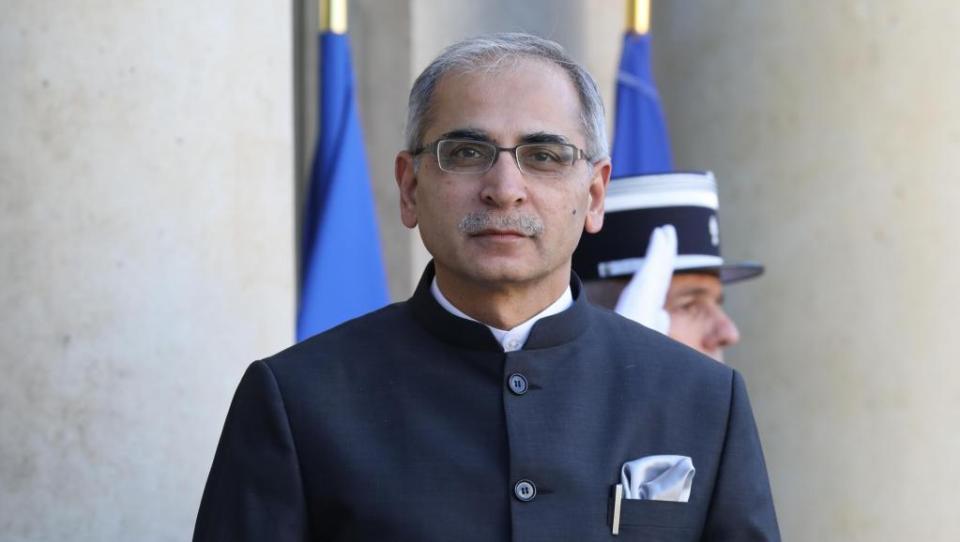New Delhi: Foreign Secretary Vinay Mohan Kwatra Monday travelled to Bhutan on a three-day trip, in the first high-level visit from New Delhi after formation of a new government under People’s Democratic Party (PDP) leader Tshering Tobgay.
Kwatra’s visit comes against the backdrop of China and Bhutan looking at an expeditious resolution of their festering boundary row that could have implications for India’s security interests.
The Ministry of External Affairs (MEA) said the foreign secretary is on an official visit to Bhutan from January 29 to 31.
“Foreign Secretary Kwatra will receive an audience with His Majesty, the King. He will also call on the prime minister, foreign minister and meet with foreign secretary of Bhutan and other senior officials of the Royal Government,” it said in a brief statement.
“The visit is in keeping with the tradition of regular high-level exchanges between Bhutan and India,” it added.
Tobgay assumed charge as the prime minister of Bhutan on Sunday following the PDP’s victory in the elections earlier this month.
Close to three months back, Bhutan’s then Foreign Minister Tandi Dorji held talks with his Chinese counterpart Wang Yi in Beijing.
A Chinese readout on the talks said Bhutan firmly abides by the one-China principle and stands ready to work with China for an early settlement of the boundary issue and advance the political process of establishing diplomatic relations.
New Delhi has been keeping a close eye on the negotiations between Bhutan and China on their boundary row as it could have implications for New Delhi’s security interests, especially in the Doklam tri-junction.
In August last year, China and Bhutan agreed to expedite and take simultaneous steps to implement a “three-step roadmap” to resolve their festering boundary dispute.
In October 2021, Bhutan and China signed an agreement on the “three-step roadmap” to expedite negotiations to resolve their boundary dispute.
The signing of the pact came four years after the Indian and Chinese armies were locked in a 73-day stand-off at the Doklam tri-junction after China tried to extend a road in the area that Bhutan claimed belonged to it.
The India-China stand-off in the Doklam plateau in 2017 even triggered fears of larger conflict between the two neighbours. Bhutan had said the area belonged to it and India supported the Bhutanese claim.
PTI
